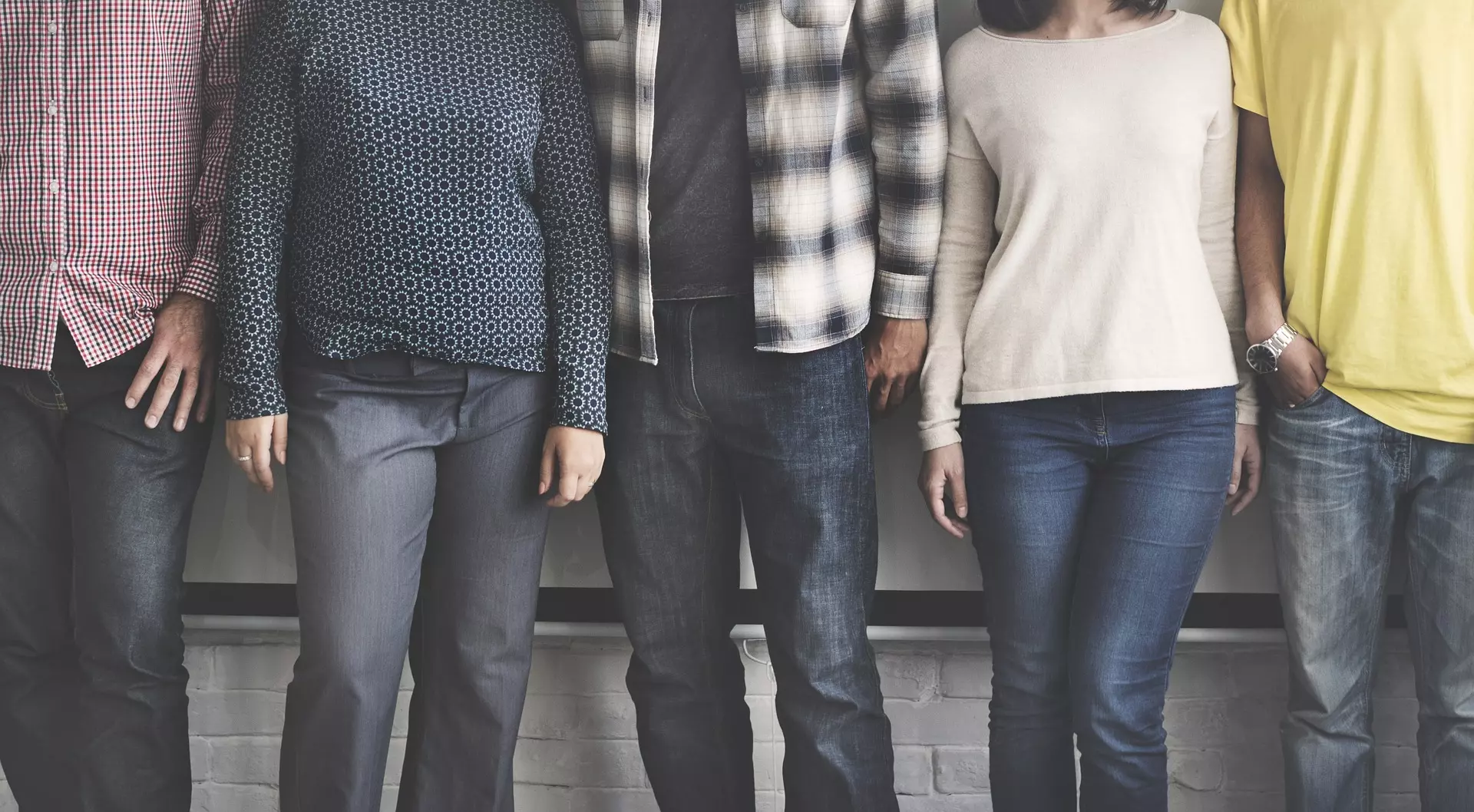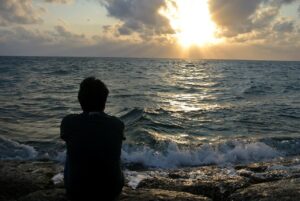The Invisible Identity Survival Guide


There’s always a lot on students’ minds when studying abroad, from general worries to specific.
I want to keep in touch with family…but will people judge me if my calls home are in Spanish?
I’m worried about getting lost…what happens if I have a sensory meltdown?
I hope I make friends here… but what if they ask me where I’m really from?
We all have multiple identities: gender, race, class, ethnicity, and so on. Identities are both visible and invisible. I wrote about coming out as transgender in another article, and was luckily safe and supported, but this personal choice isn’t universal. Some students’ lesser-known identities may fly under the radar. Others may focus on educating themselves, rather than their peers.
For many it’s also a matter of outright safety. Interested in invisible identity narratives, I created a survey for students abroad. One respondent, traveling in Morocco and Bolivia, didn’t feel safe sharing her religious background.
“I was…constantly afraid…that someone would find out I was Jewish; there is still a lot of anti-semitism in those two countries,” she said. She lied to host families about her religion and had to hide jewelry with Jewish symbols, like the hamsa or Star of David.
Another student studying in Quebec, identifying as queer, was “rather closeted” at the time of their travel and it complicated daily life.
“[I was] trying to dress feminine and avoiding more androgynous clothing even though I’d like to [wear it],” they said.
This reality is often an exhausting one. Students who feel safer concealing their identities report feeling stressed and “finding it hard to connect with new people” while also taking care of themselves. Fortunately, this challenge is far from insurmountable. Here are some tips for self-care, surviving and thriving anywhere.
Give yourself “me time”

It may seem counterintuitive for those who feel isolated to carve out time alone, but students with invisible identities agree that spending time alone is very important. Being alone, but truly yourself, is sometimes more restful than being surrounded by people and feeling unseen. One of the students in the survey recommended “spending time in peaceful places,” which is not only a way to refresh after a long day, but a great way to explore your host city!
Me time isn’t just relaxing alone, though; it’s important to understand the powerful mental toll of feeling invisible, and recognize that it may influence your social patterns. If you’re exhausted from having to be closeted, and your friends all want to go out, it’s always okay to say thanks, but no thanks. Rest up, so that you’ve got more energy to do the fun stuff another time.
Express yourself
Music, writing, drawing, dance…the arts use a different part of your brain, which can be a way of relaxing and letting loose. It’s nice sometimes, when stuck in your head and fixating on small interactions, to focus on something physical and see where it goes. Exercise can get you into the same expressive flow state, channeling stress and emotion into something new.
This is my personal favorite strategy, to be sure. Writing and art have always been ways I express myself, especially when I can’t speak up about things in my everyday life. These pastimes keep you busy as well, which is a proven way to avoid homesickness. One of the students surveyed recommended others to “find self-care things that work regardless of location” and this sort of easy self-expression is key.
Build a mobile support system
Don’t get me wrong: it’s incredibly important to enjoy the time you’re abroad, and not get hung up on what’s happening back home. Fixating on faraway friendships can make you more homesick, and increase pressure you’re already feeling. At the same time, though, people who already get it are incredibly important.
You may have those connections at home already; if so, their presence and insight can be very comforting, even if you can’t communicate consistently. I know that while I downplay my mental illnesses around new friends, calling those from home is always soothing. My stress melts away and I feel free to be myself. This, combined with support groups, has helped me feel more comfortable abroad. If you can find one person to reach out to, whether from home or in a support group, you might be surprised by how much it helps.
Be your best ally
Sometimes the simplest things, like taking a moment for positive self-talk, can be the most helpful. They’re also the things most often neglected over the course of a busy day/week. It’s easy to internalize negative messages about your identity, through internal pressure to be more open, or a crass joke out on the street that hits too close to home. Practicing self-compassion can help a bit with the toll these frustrations take.
When times are hard, try to encourage yourself, rather than directing frustration inwards. Chances are you’d be kinder to a friend in the same situation, so treat yourself as you would treat that friend, with patience and compassion. There’s no shame in encouraging yourself.
Remember, you’re never alone
A major consequence of living invisibly is, of course, isolation: feeling like you’re the only one weighed down by daily life. Seeking professional help can relieve some of that burden, making it easier to balance school, social life, and the rest. Some counselors are even specially trained in matters of identity. IFSA-Butler staff are here, too: to help or just to listen.
Whatever the circumstances, students who’ve lived abroad with invisible identities say it’s important to “find allies. Let program coordinators know of your worries and stress, because they can be really helpful.” These people are here for you, and they offer a fresh perspective You may feel like you’re going through this alone, but you aren’t the first, and you certainly won’t be the last, so don’t forget to ask for help.
Best of luck, wherever your journey takes you! You’ve got this.
Sketch R. M. | Language Enthusiast and Interdisciplinary Narratives & Creative Process major | University of Redlands, Johnston Center | University of Galway Partnership in Ireland | Fall 2017 | IFSA International Correspondent